The future of Windows Mobile – Does Microsoft want to reboot the concept of a phone?
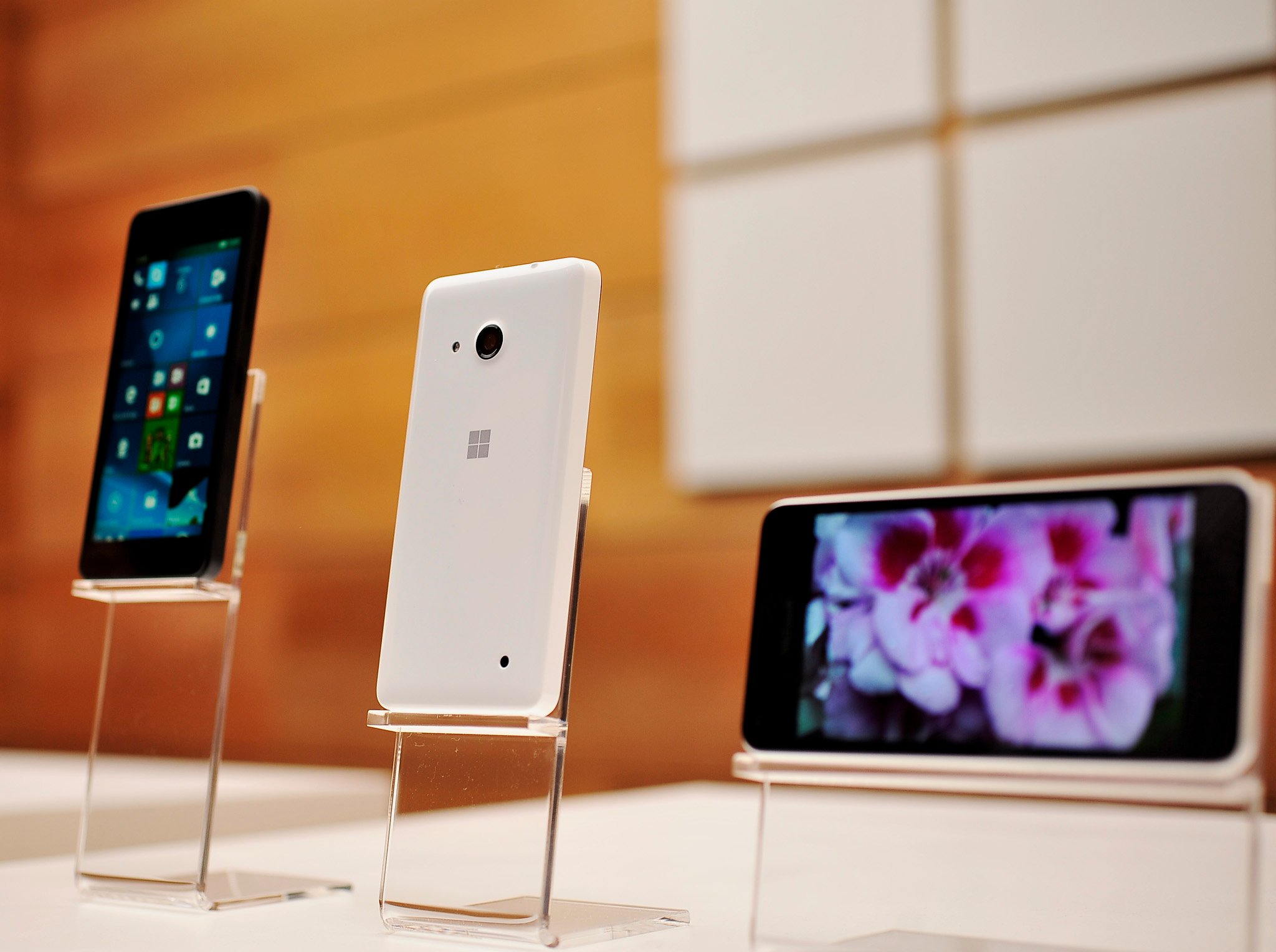
Yesterday I wrote an analysis of Microsoft's seemingly great last quarter contrasted with a rather devastating quarter for Windows Phone. Of course, no one was surprised, and we all know the reasons. None of that was news, but it did quantify it, which was interesting. Instead, in that piece I wanted to lay out the landscape for Microsoft in mobile, what they had to do and discuss what their intentions were for the category.
After ruminating a bit on the topic, I figured I would try to answer my question: What's next? To be clear, I am speaking here purely in speculatory terms, but I do think it is grounded in precedent. Also, there are some obvious directions that Microsoft is likely to go in when you look at recent decisions.
Out with the old smartphone
A few weeks ago, I noted how Microsoft, and specifically Panos Panay, seemed less enthused about the new Lumia 950 and Lumia 950 XL. I almost forgot to mention the Lumia 550, but then again, so didn't Microsoft at that October devices event.
The main argument I was making was that these Lumias do not entirely represent what Microsoft is doing these days. It should be clear that the Lumia 950 (Cityman) and Lumia 950 XL (Talkman) are carryovers from Nokia days. Even their codenames refer to the very first Nokia phones, in an a purposefully ironic choice.
Many pointed out to me that Microsoft picked up the Nokia mobile division. Therefore, those are their phones now. True, except that their development was still under Stephen Elop and his cadre including Jo Harlow. Both of those people were let go by Microsoft in late June. Terry Myerson took over for awhile before Panos Panay – famous for the Surface line – took over the engineering aspect for all hardware, including Windows Phone in late July.
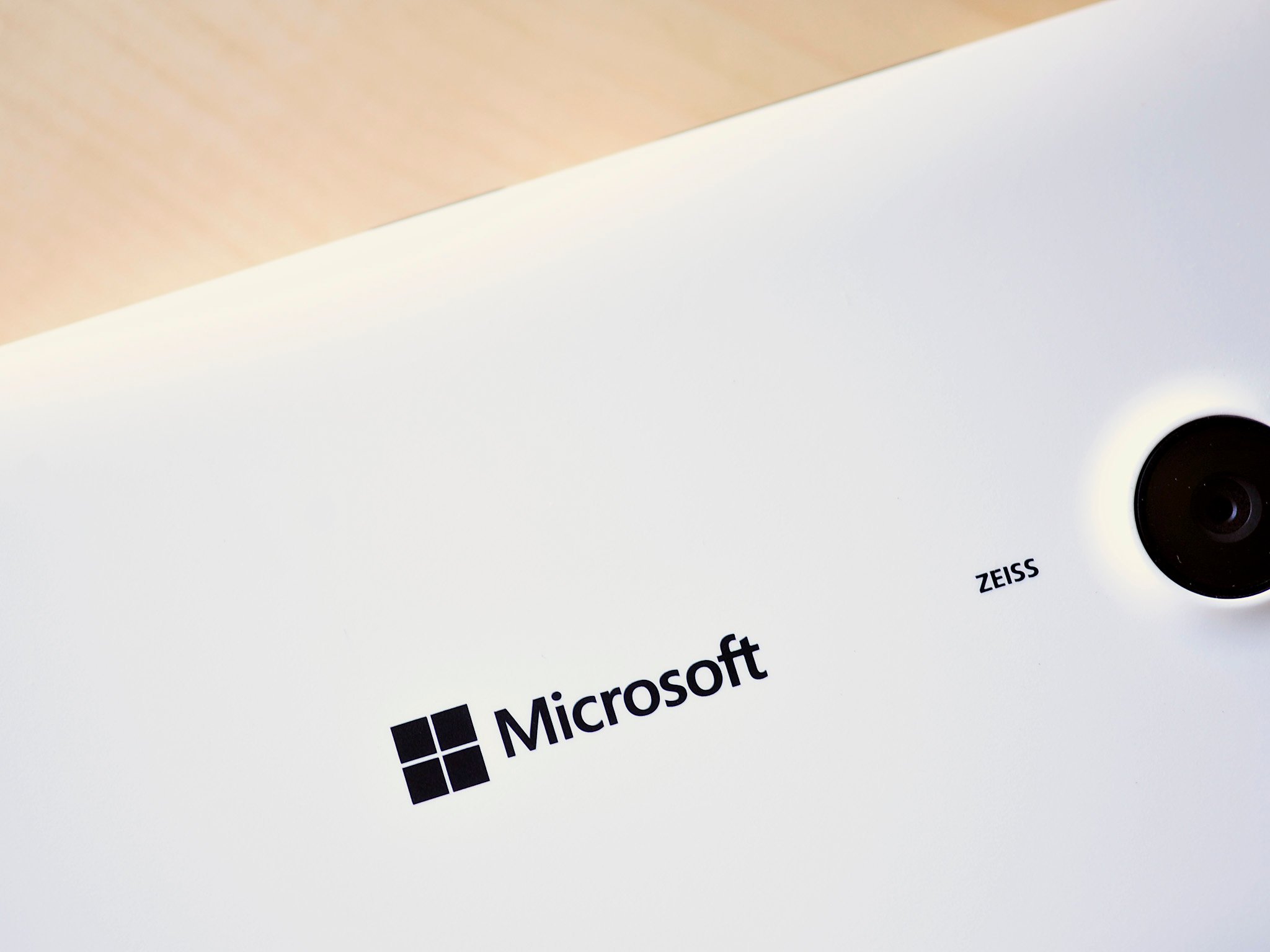
That shakeup is a rather big one especially when you consider the old Lumia strategy, which clearly wasn't working. Meanwhile, Panay and his team are clearly knocking it out of the park with the Surface series. Now that Panay leads engineering for Windows Phone, Surface, Microsoft Band, and even Xbox there is a lot that can happen. Moreover, since this engineering team now works with the one Windows team under Myerson, there is a great deal more synergy with a single focus.
I suppose Microsoft could just kill off phones. However, that would make Nadella look bad. Not because killing mobile would be unpopular – quite the contrary, investors would applaud – but because Nadella had a chance when Elop and team were let go in June. Killing off mobile now would look bad because Nadella already did a re-org, and it makes his decision making look shortsighted. Why give the phone division to a new guy only to cancel it?
All the latest news, reviews, and guides for Windows and Xbox diehards.
Plus, I still have not heard an argument about how the Universal Windows Platform (UWP) for Windows 10 has any meaning once you remove mobile from the equation. The whole thing just goes away.
Instead, I believe Microsoft has specific plans for mobile, which is why they gave it to Panay. However, I don't think they are just going to do a me-too flagship smartphone either.
The future of smartphone devices
Windows Phone, as we know it, is dead. It lost to Apple's iPhone and Android back in 2014 (some would say back in 2012, although for while things were looking up). In 2015, Windows Phone has been tenaciously hanging on as Windows 10 comes to fruition, but it is clear the old model is not working.
I said earlier that the Lumia 950 and Lumia 950 XL "do not entirely represent what Microsoft is doing these days." I used the word entirely because undoubtedly Continuum is a Microsoft vision of the future along with all of Windows 10 as an OS. In that sense, these new Lumias do represent Microsoft as they will showcase all that Windows 10 can offer. I don't think Microsoft was lying when they said that.
Nonetheless, when you look at the history of what Microsoft has recently done in hardware, they don't completely fit either. Let me give some examples.
For a few years, Apple's iPad was dominating portable computing. People called for Microsoft to do something similar. What did we all want? An iPad hardware with Windows. They responded with the Surface. That was not what people were expecting, and it's something entirely different. Even in 2015, the Surface Pro 4 is no iPad Pro.
For years, MacBook Airs and Pros were crushing premium laptops. People called for Microsoft to make their own. Microsoft responded with the Surface Book. Once gain, they went beyond what was expected and created something entirely different.
For years, people were asking Microsoft to make (another) smartwatch. Android had theirs. Apple released the Watch. Fitbit is already crushing it. Now we have the Band 2, which in my opinion, is the best of everything. Again, it is their own niche.
You see where I am going with this. Microsoft is not about creating hardware for the sake of creating another thing. They only create hardware after consideration of where the market is going to be, not where it is now.
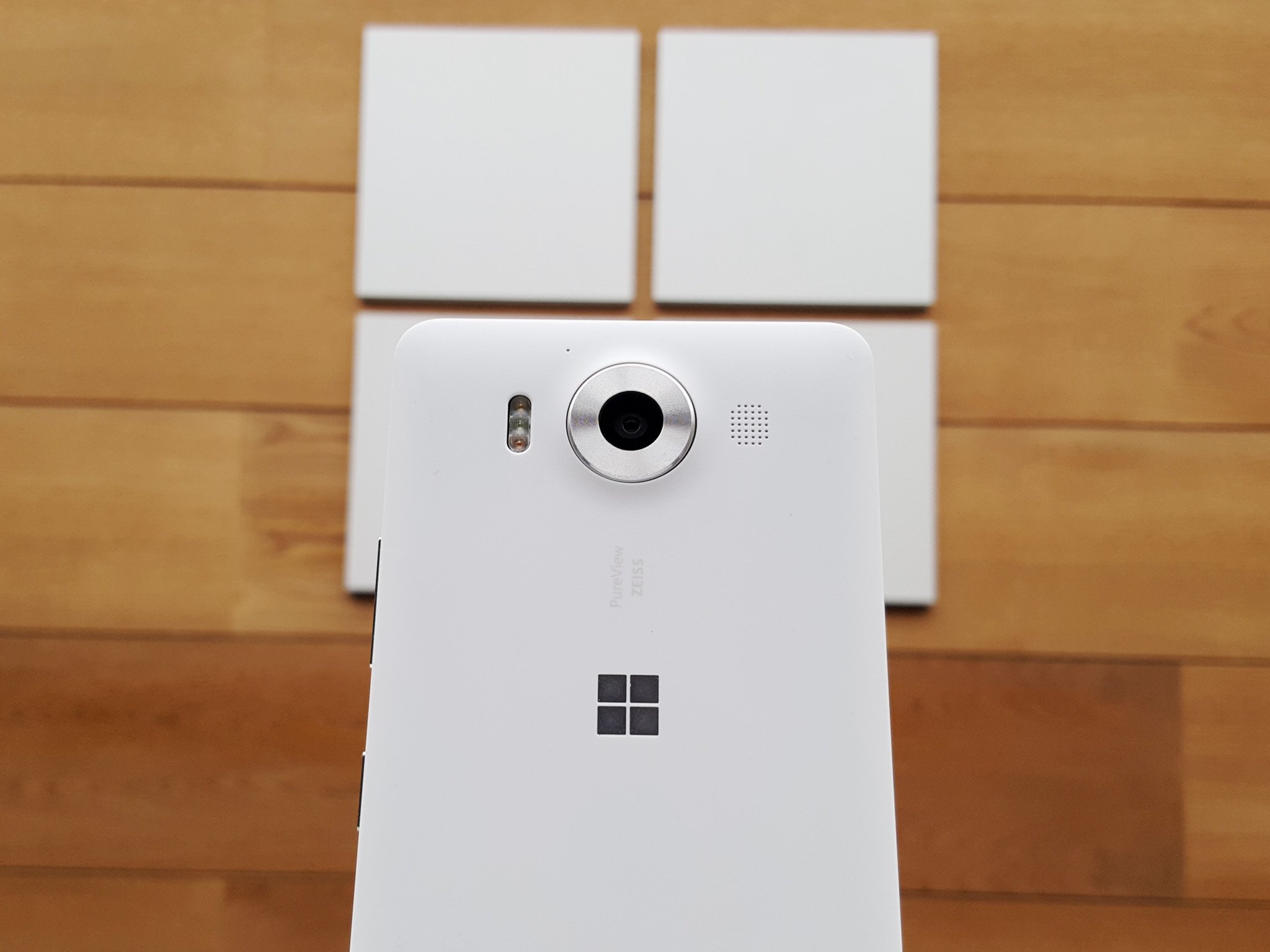
Microsoft canceled the Surface Mini because it was just a small Surface. It reportedly brought nothing new to the table. It wasn't going to disrupt the market; it was another me-too device.
Now we are asking for a Microsoft phone. We get the Lumia 950 and Lumia 950 XL? It just doesn't fit. Those are nice phones; they are just not radical departures that challenge convention. Microsoft is now about challenging convention. Remember, out of the blue they announced holographic computing in the biggest "Whaaaaaa?!" moment in my career.
Apple used to be like this too. All they did was release another smartphone in 2007. We already had those, so what was different? Well, the whole philosophy behind it. No physical keys, large display, and complete control over the OS. Many of us, including myself, laughed it off. Many didn't even call it a smartphone since it had no app SDK ergo it was not a platform (remember, web apps?).
So, knowing all of that I submit the following question, which admittedly is a tough one: What comes next after the smartphone?
It's a legitimate question unless you believe the current app-phone model is going to go on forever. Are smartphones doomed to "Welp, we made the OS more complex and threw new hardware at it" system, or are they going to evolve? Where to we go from here?
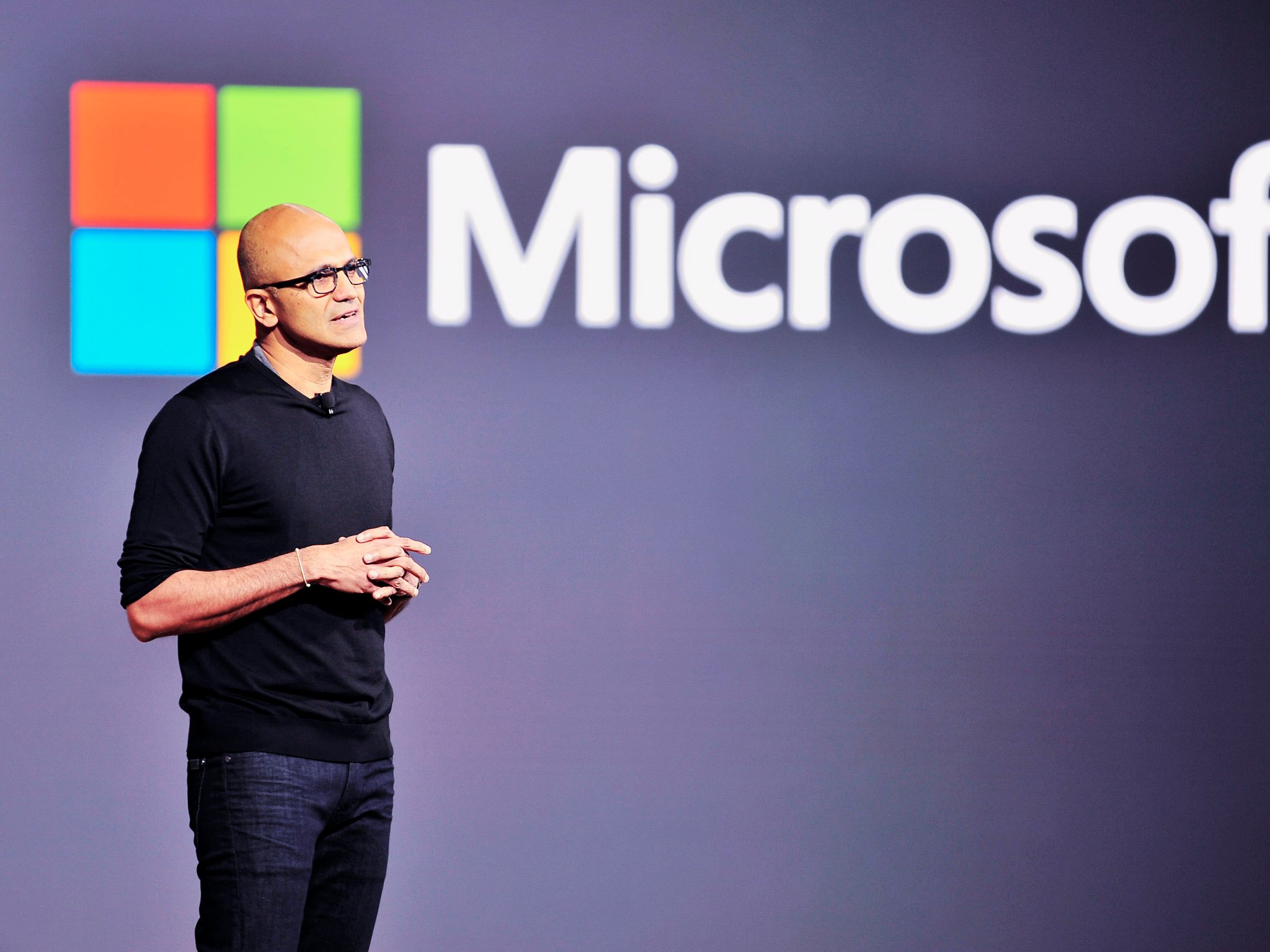
Microsoft CEO Satya Nadella even knows smartphones are about what is coming next, not what is here now. In an interview with Mary Jo Foley, Nadella said this about their smartphone strategy:
"Therefore, we have to be on the hunt for what's the next bend in the curve. That's what, quite frankly, anyone has to do to be relevant in the future. In our case, we are doing that. We're doing that with our innovation in Windows. We're doing that with features like Continuum. Even the phone, I just don't want to build another phone, a copycat phone operating system, even.""So when I think about our Windows Phone, I want it to stand for something like Continuum. When I say, wow, that's an interesting approach where you can have a phone and that same phone, because of our universal platform with Continuum, and can, in fact, be a desktop. That is not something any other phone operating system or device can do. And that's what I want our devices and device innovation to stand for."
We already know smartphones are having an effect on computing. Tablet sales are in a slump as smartphones with large displays take over. Even Apple cannot escape that cannibalizing effect with their Plus phones and iPads. PC sales are also down and no, it's not because of Windows, but rather people have tablets, phones, TVs, and wearables competing for their processing time.
Remember when you used to check email on a desktop PC, not on your smartphone?
I bring this all up because if I had to guess, this is the question Microsoft is trying to answer. They know they can't win with the current system. Apple and Android are too dominant. So what you do is jump ahead and create a device for where people are going, not where they are. The Lumia 950 and Lumia 950 XL is where we are today in mobile tech. It's not different. Why else do we compare it to the iPhone or latest Android devices and go "oh yeah, not bad I guess".
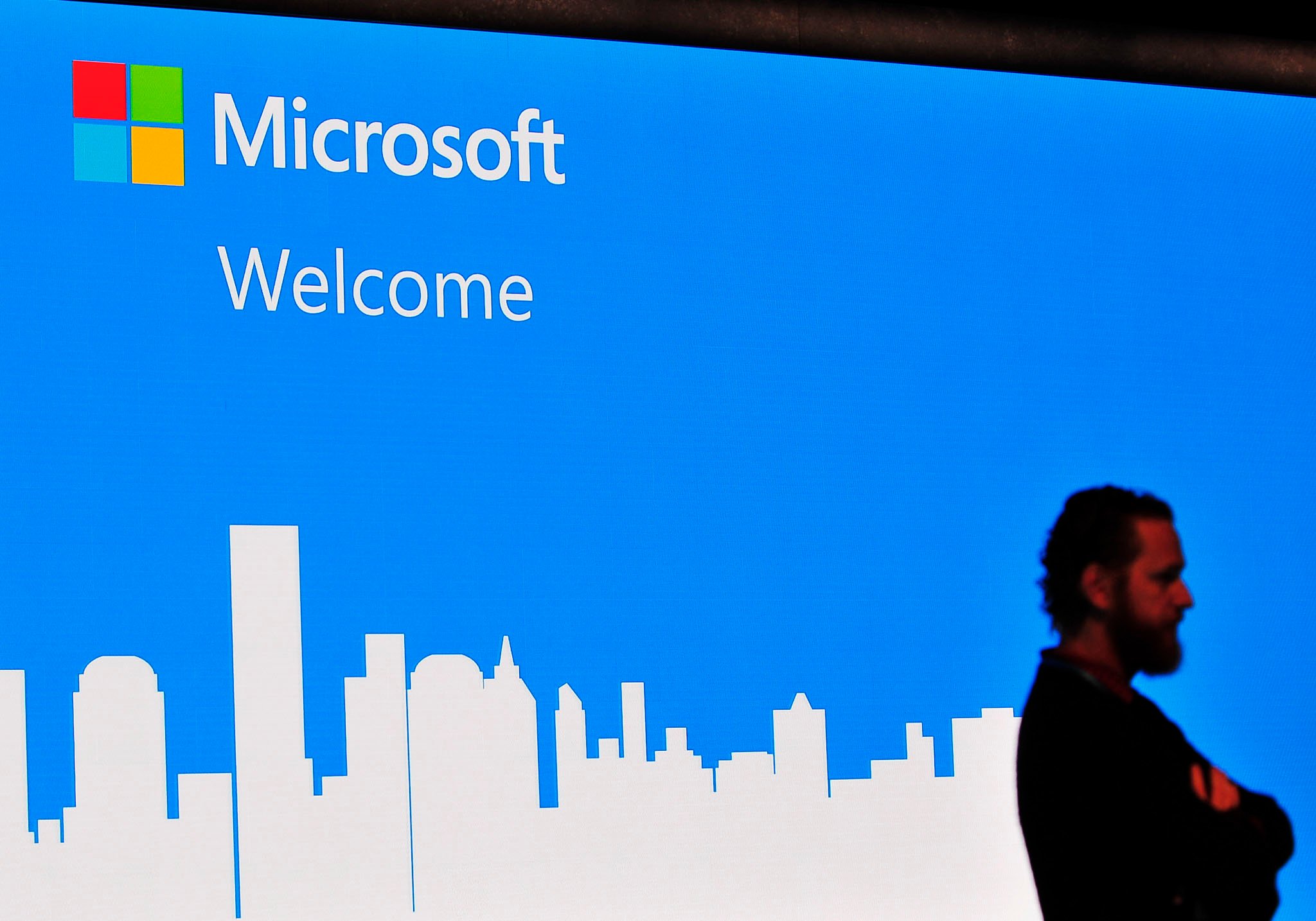
What does that mobile future look like?
For many a "Surface phone" would just be a metal phone with high-end specs and a Surface label. I always laugh at that since what Surface represents – transformation – is not that. That's just another smartphone with a brand name. Big deal.
Microsoft tried to kickoff modern PC development with the Surface. That was the whole point. What would such a program look like for phone if they wanted to re-invent that category?
Ditch platform specific programming, make universal hardware
Window Phone has always had one Achilles heel preventing mass adoption. Apps. This problem is even more pronounced in 2015 as we transition to Windows 10 and yet another software platform. The problem is not just Microsoft's. BlackBerry has this issue too and sorry to say, even Android. I still see commercials for new hit games and services that are iOS first with Android coming later.
It is not a trivial problem, but rather one that represents where computing is today. As a developer, you have to choose your target platform wisely. It is likely not an easy decision, especially now that Windows 10 is on 110 million PCs already. At some point, developers may find it tough to ignore an app on Windows 10, especially once the Xbox store opens later in 2016.
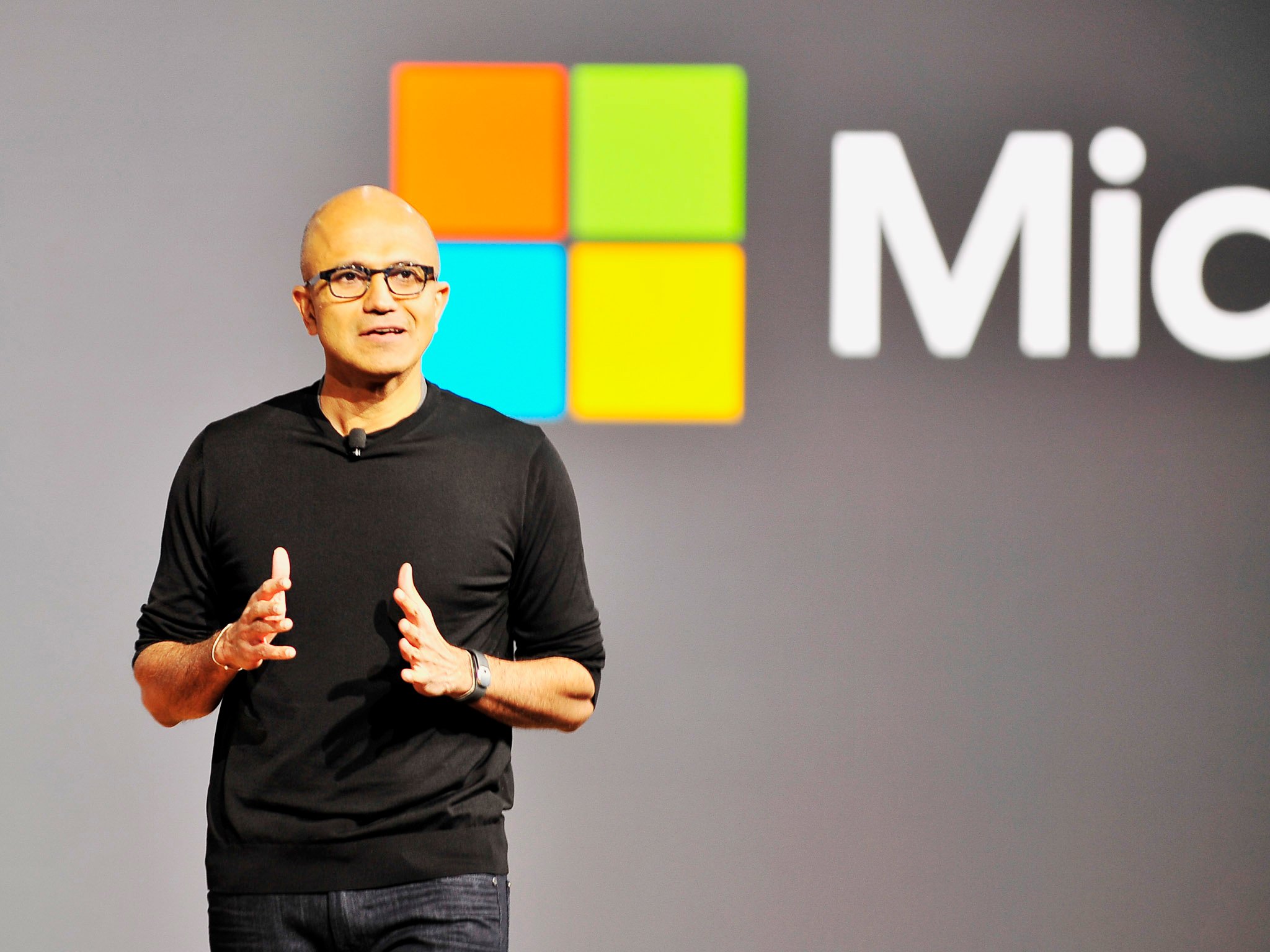
When you look at Windows 10 and its Universal Windows Platform, you get an idea of what Microsoft wants, which is agnostic software for hardware. Doesn't matter what device you are running you just install the thing you want, end of story.
There is only one problem. There are other operating systems out there that you need to compete with like iOS and Android and even old Win32 apps and games. So what you do is create tools to let devs just port over their creations. These are, of course, the Bridge Technologies Astoria, Islandwood, Centennial, Westminster that should streamline this process for Android, iOS, Wind32 and web apps, respectively.
Microsoft wants to get rid of software development not only targeting hardware but the OS itself. Apps and services are blending and if the future is to go forward something needs to give in this tug of war. This reasoning is what Nadella calls a "path dependent strategy":
"The reason why anybody would want to write universal apps is not because of our three percent share in phones. It's because a billion consumers are going to have a Start Menu, which is going to have your app. You start the journey there and take them to multiple places. Their app can go to the phone. They can go to HoloLens. They can go to Xbox...This strategy is path dependent, which is a term I use that means where you start is not where you end up. And therein lies a lot of the nuance. The fundamental truth for developers is they will build if there are users. And in our case the truth is we have users on desktop."
The next piece of the puzzle is what does a phone look like in this system?
Microsoft is clearly playing around multi-OS booting systems as reflective of their patents. They got the Android runtime to run within Windows 10 Mobile. They have a patent on 3D Touch navigation. They also bought Ntrig, which helped with that new G5 processor for pen input in the Surface Pro 4 and Surface Book. They have this idea of Continuum for PC and mobile, which is the software side of what Surface hardware is about. They also have this thing called HoloLens on the horizon and other crazy innovations.
What happens when you put all or even some of that together? What is it that people want to do with a smartphone that they can't?
I do not think we have seen what Microsoft has planned for mobile, not entirely.
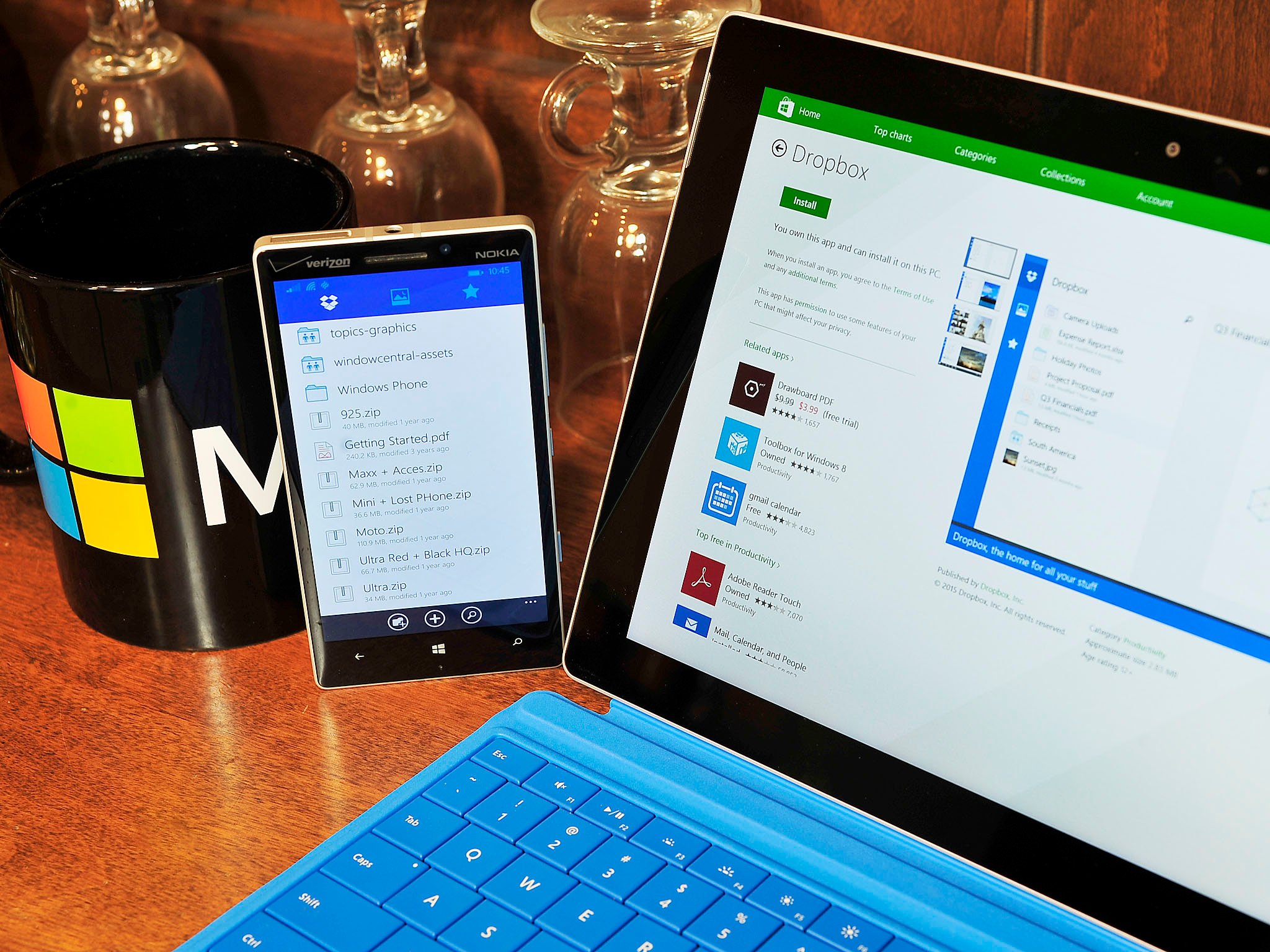
Certainly the idea behind Continuum, which is turning your phone into a PC, is a big part of their future. Indeed, I see pocket computing and the concept of running a software-agnostic platform as the goal. This yet to come world is going to be about screens and what is in your pocket.
I think whatever Microsoft does in mobile will attempt to be what Surface was to modern computing in solving the 'Tablet or PC?' problem.
Microsoft has been reportedly working on a 'metal phone' that runs Intel hardware, which is something even I have heard from sources. The one thing I know is this is an internal Microsoft-Intel project and had nothing to do with Nokia. What that all means is going to be the fun part, but I don't think it's going to be just another phone with specs. There will be something unique about it and hopefully something that was not anticipated.
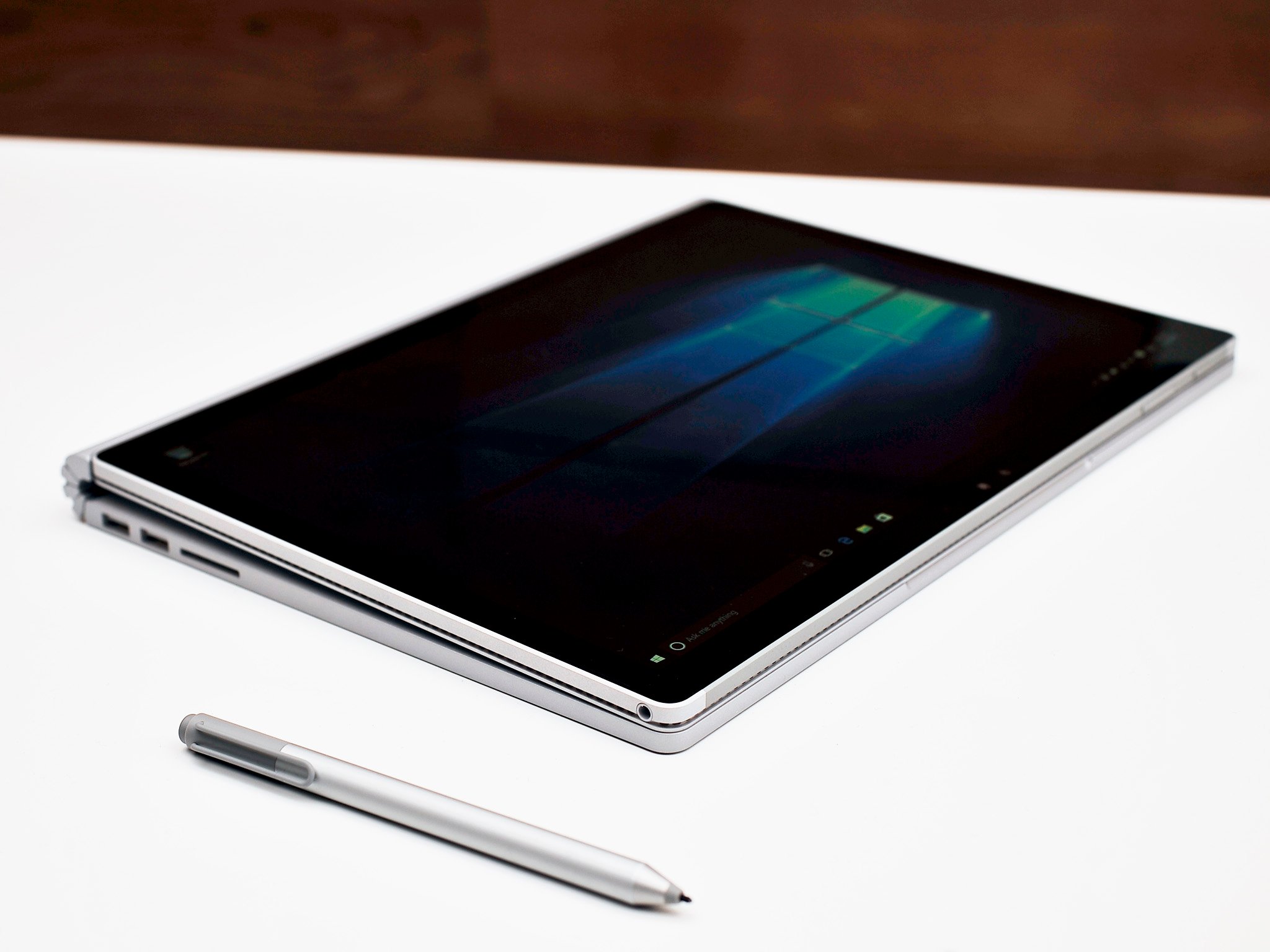
If you were the Surface team, what would a truly transformative mobile phone be that you designed? Rattling off specs alone misses the point, folks. I am talking about ideas here, not numbers or whatever the latest Qualcomm chipset that is available.
As I said at the beginning, this is based on my speculation but also recent Microsoft decisions and even product announcements. To suggest their vision for mobile phones is just another smartphone I think would be shortsighted.
We know Microsoft can not only dream big but deliver too. Between Windows 10, HoloLens, the Surface Pro, and the new Surface Book we know Microsoft can create new hardware categories. That was just for 2015. Let's see what happens when they apply those ideas to mobile.

Daniel Rubino is the Editor-in-chief of Windows Central. He is also the head reviewer, podcast co-host, and analyst. He has been covering Microsoft since 2007 when this site was called WMExperts (and later Windows Phone Central). His interests include Windows, laptops, next-gen computing, and wearable tech. He has reviewed laptops for over 10 years and is particularly fond of 2-in-1 convertibles, Arm64 processors, new form factors, and thin-and-light PCs. Before all this tech stuff, he worked on a Ph.D. in linguistics, performed polysomnographs in NYC, and was a motion-picture operator for 17 years.
